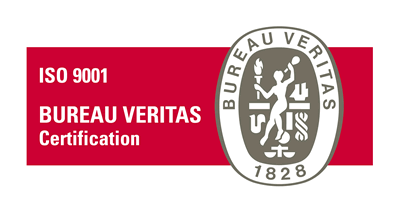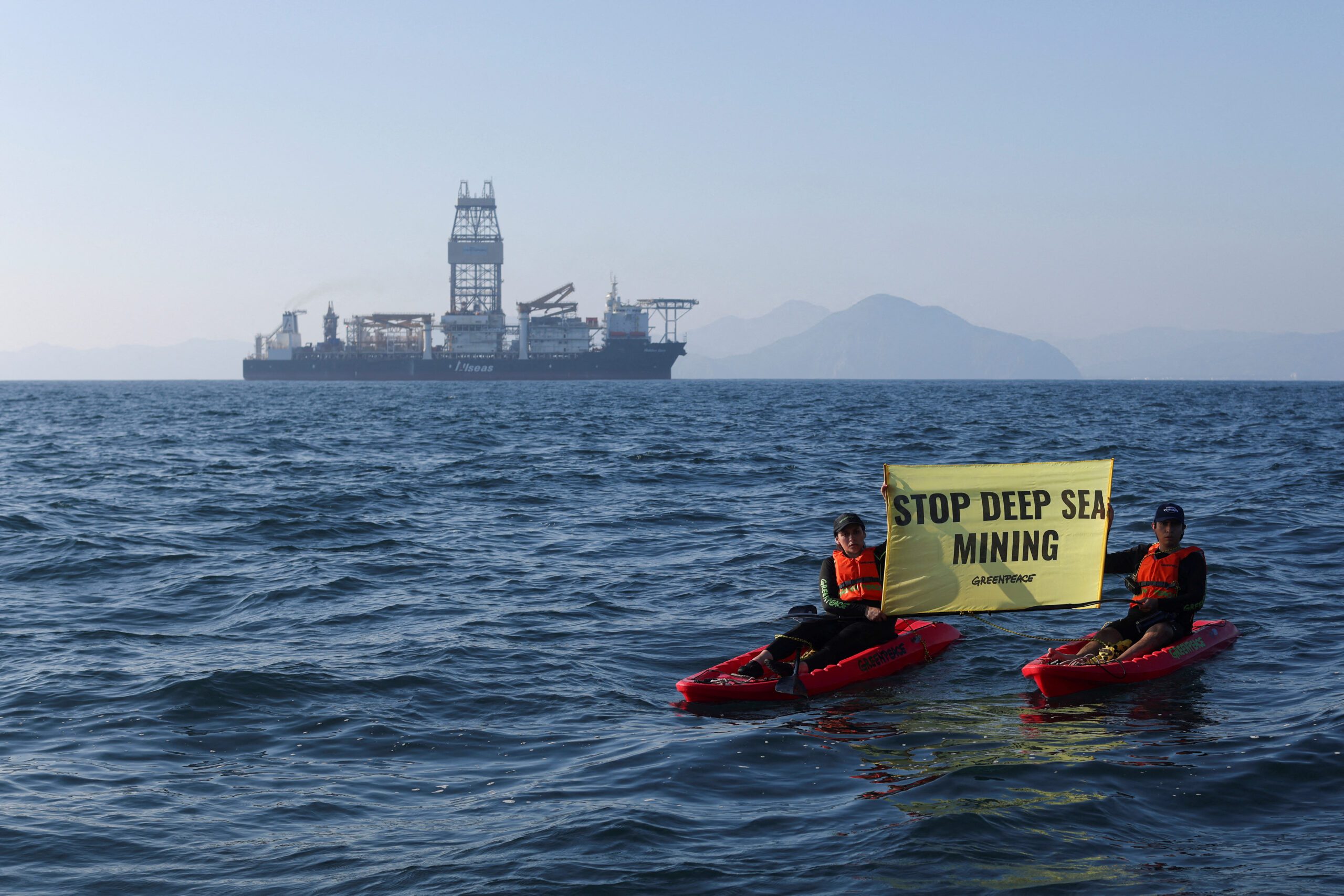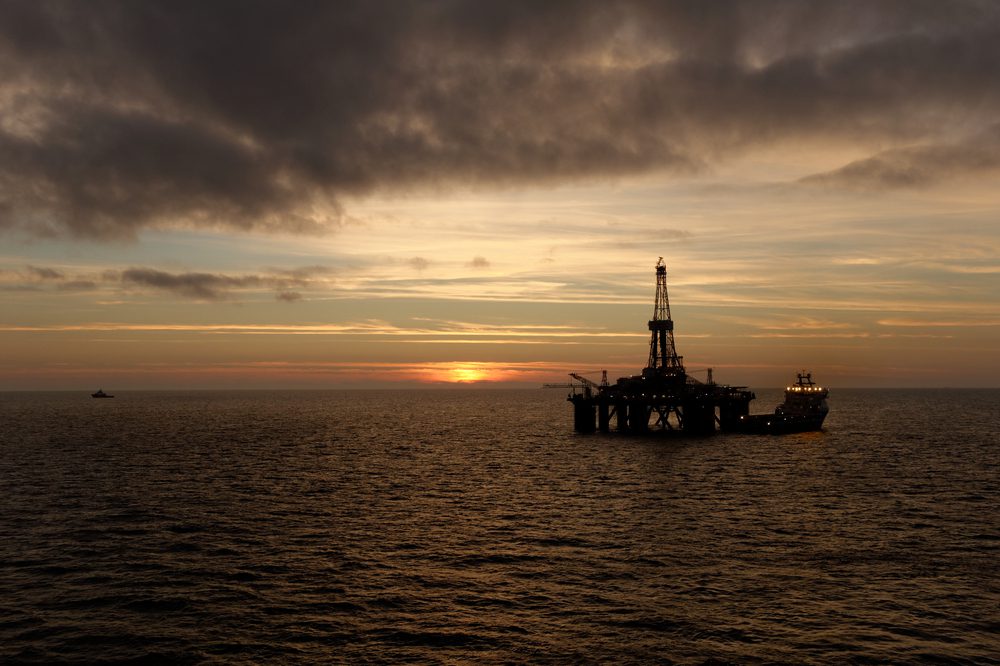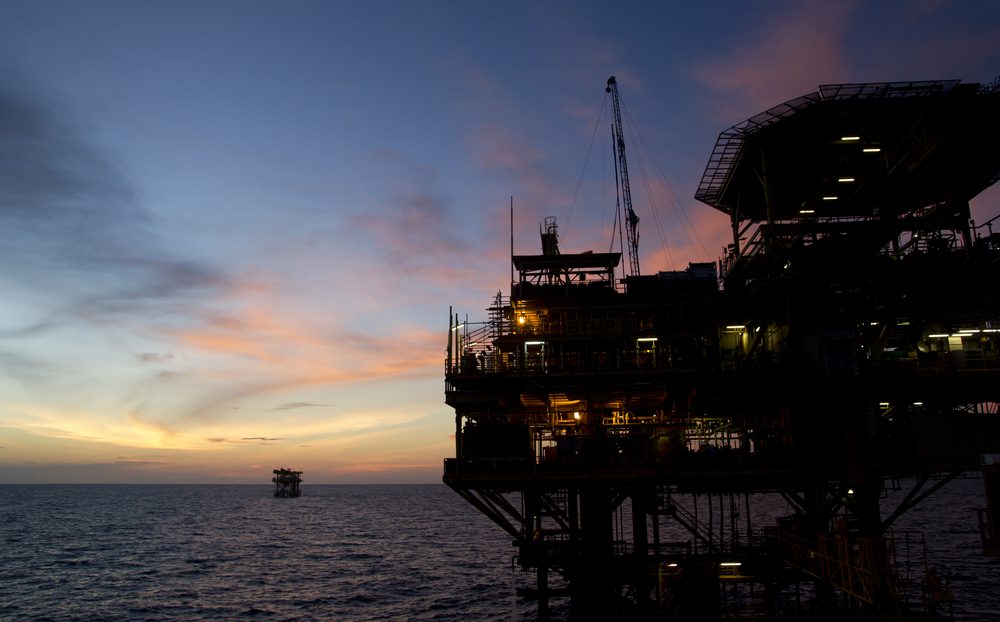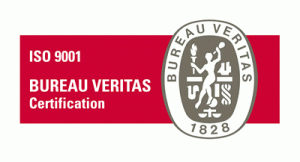 Bureau Veritas, a elading classification society, has issued guidelines for the Risk-Based Qualification of New Technology. Qualification is a process by which a new technology or an existing technology used in a new context is validated. The qualification process is intended to prove with an acceptable level of confidence and in a cost effective manner that a technology is fit for purpose, that it complies with the specifications that the designer developed and that it is sufficiently reliable and is safe for the people and the environment.
Bureau Veritas, a elading classification society, has issued guidelines for the Risk-Based Qualification of New Technology. Qualification is a process by which a new technology or an existing technology used in a new context is validated. The qualification process is intended to prove with an acceptable level of confidence and in a cost effective manner that a technology is fit for purpose, that it complies with the specifications that the designer developed and that it is sufficiently reliable and is safe for the people and the environment.
“The pace of change in offshore energy is now so fast that industry is pushed to use new technologies to cope with new challenges and we can no longer only extrapolate from experience to check that things are going to be safe and effective,” explains Jean-Claude Astrugue, Offshore Equipment and Safety Technical Manager. “We need a new methodology that can assess new technologies quickly and safely. And it is most important that everyone involved understands the strengths and limitations of the assessments we can make, and how we do them. That is what these guidelines are about – how we make sure new ideas are safe while getting new systems and projects into service quickly.”
The time frame and the costs are important parameters as it is often impossible to perform tests for the duration of the entire expected life of the product or system that uses a novel technology and the qualification has to be cost effective with regards to the expected results. The application of Risk Based Qualification of New Technology changes the standard processes of design review and inspection.
The detailed guidelines cover how to analyse the service conditions for which a novel technology is designed, identify the possible resulting failure modes which it needs to withstand and against which it needs to be qualified and how to establish the relevant qualification program. The qualification process should combine both theoretical analytical modelling and physical tests.
The decision making process at the end of the qualification process is an important step in the methodology. Its goal is to help solving the trade-off between the level of qualification, the resulting costs and the expected results in terms of confidence in the novel technology.
Bureau Veritas is working globally on numerous projects for FLNG, offshore renewable energy and deep water oil and gas exploitation which require a risk-based approach to project validation.

 Join The Club
Join The Club



